
ΑΙhub.org
AIhub interview highlights 2023

Over the course of 2023, we had the pleasure of finding out more about a whole range of AI topics from researchers around the world. Here, we highlight some of our favourite interviews from the past 12 months.
New voices in AI: machine learning insights on Earth’s nightlights with Srija Chakraborty
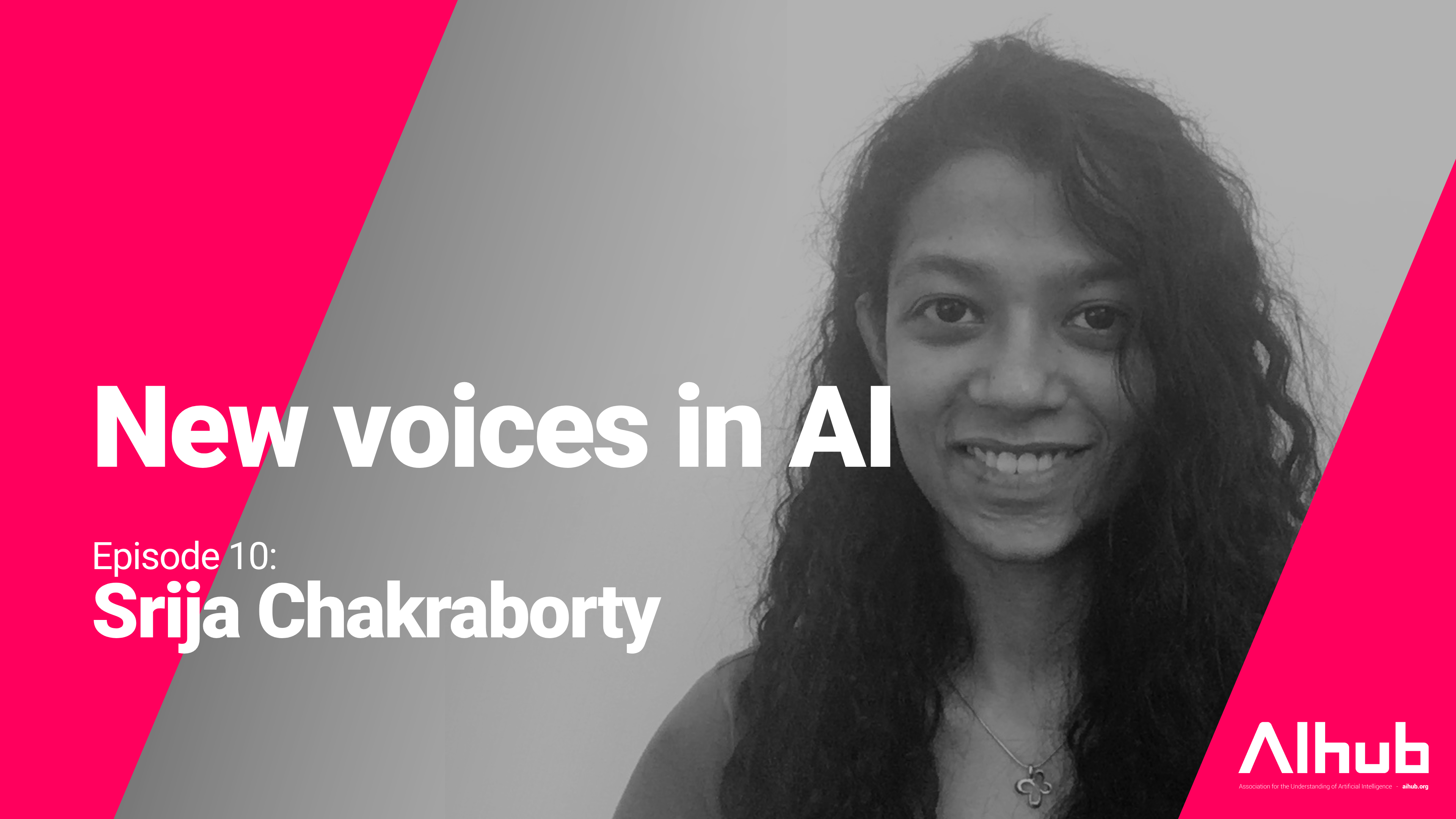
Srija Chakraborty tells us about her work applying machine learning techniques to night-time remote sensing for measuring nightlights from a variety of natural and artificial sources.
Interview with Roberto Figueiredo: the RoboCup experience
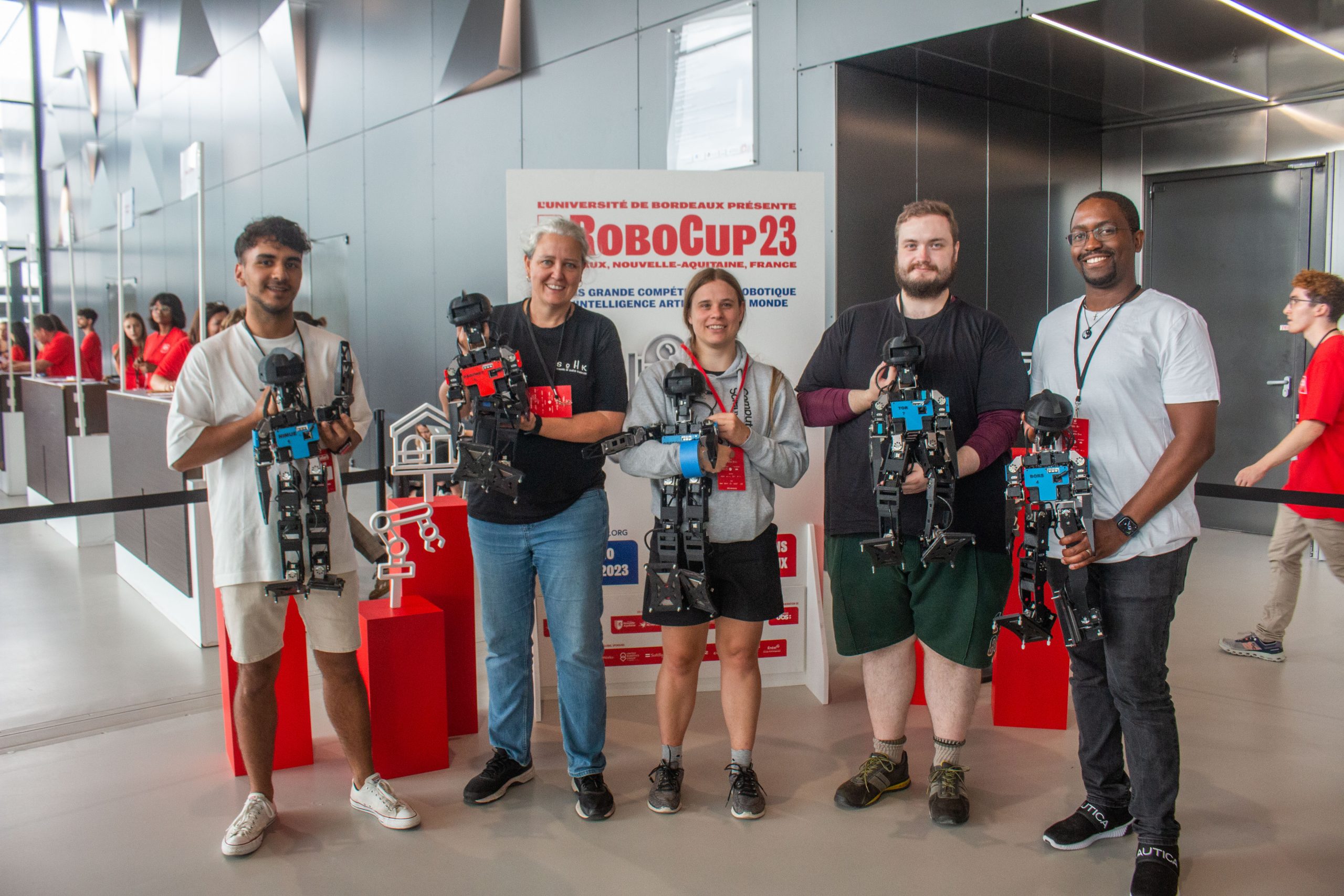
We spoke to Roberto Figueiredo about his RoboCup journey, from the junior to the major leagues, and his experience of RoboCup events.
Researching interdisciplinary methods in computational creativity – interview with Nadia Ady and Faun Rice
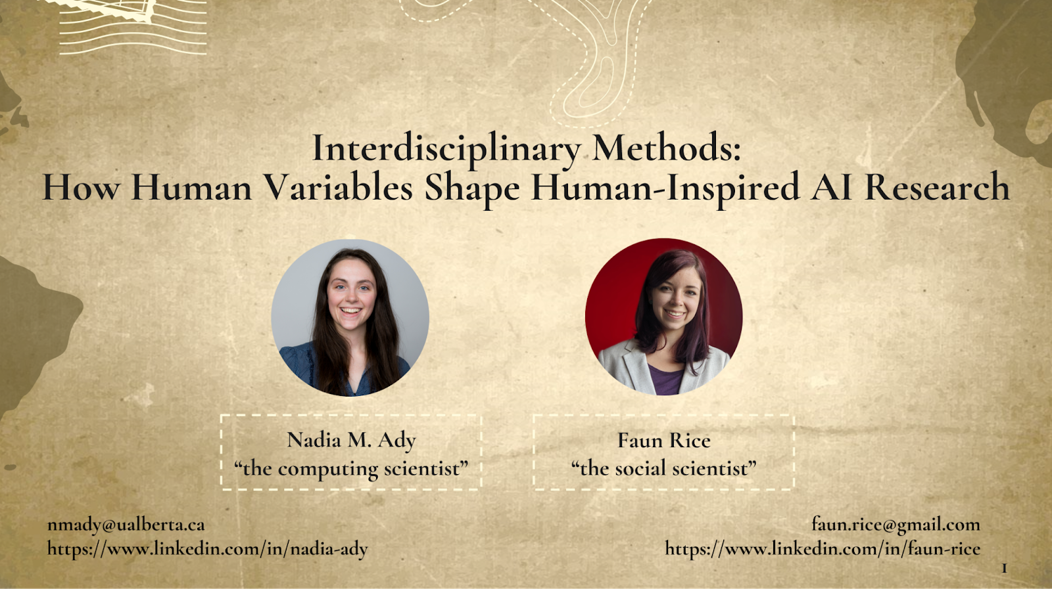
Nadia Ady and Faun Rice are working on a research project exploring where AI researchers find inspiration and ideas about human intelligence and what approaches they use to translate ideas from the disciplines that study human intelligence (e.g. social sciences, psychology, neuroscience) for work in AI.
A critical survey towards deconstructing sentiment analysis: Interview with Pranav Venkit and Mukund Srinath
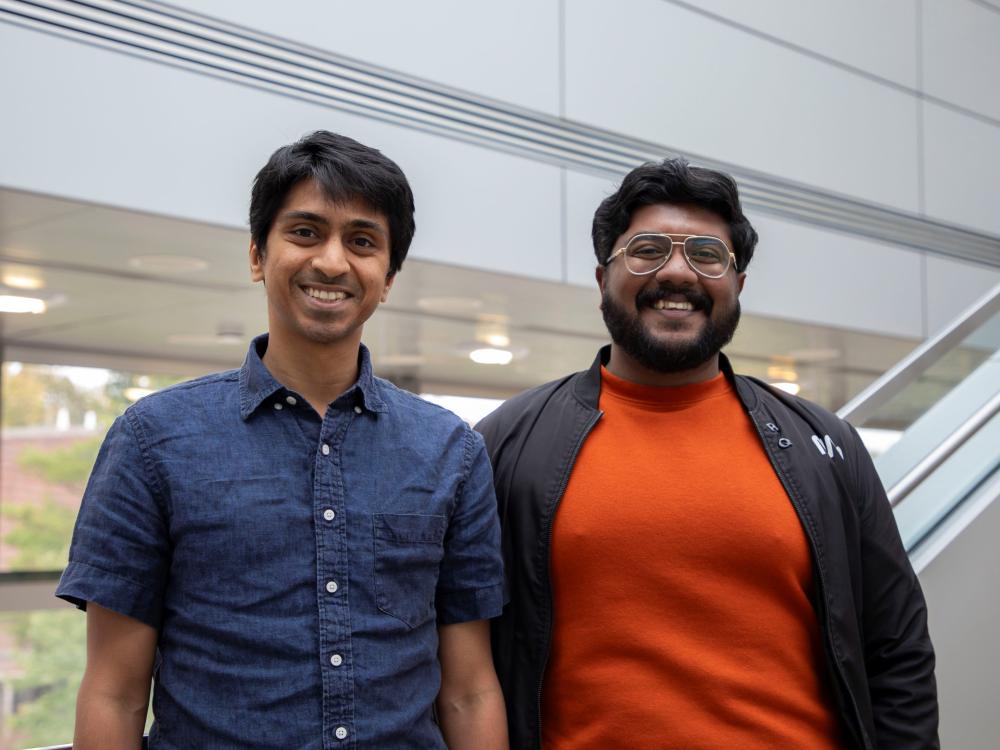
Pranav Venkit and Mukund Srinath tell us about sociotechnical aspects of sentiment analysis, how they went about surveying the literature, and recommendations for researchers in the field.
Interview with Paula Feldman: generating 3d models of blood vessels
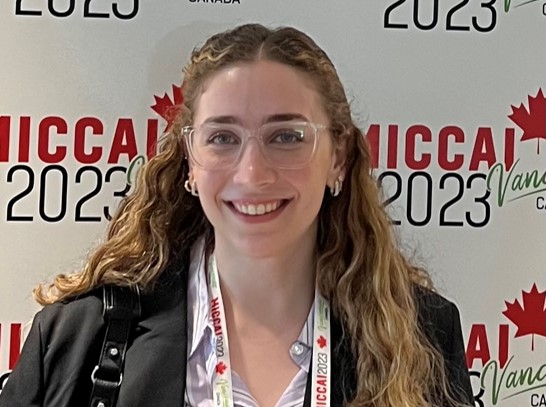
In their work VesselVAE: Recursive Variational Autoencoders for 3D Blood Vessel Synthesis, Paula Feldman and colleagues present a data-driven generative framework for synthesizing blood vessel 3D geometry.
Interview with Ernest Mwebaze: a machine learning-based app for diagnosing plant diseases
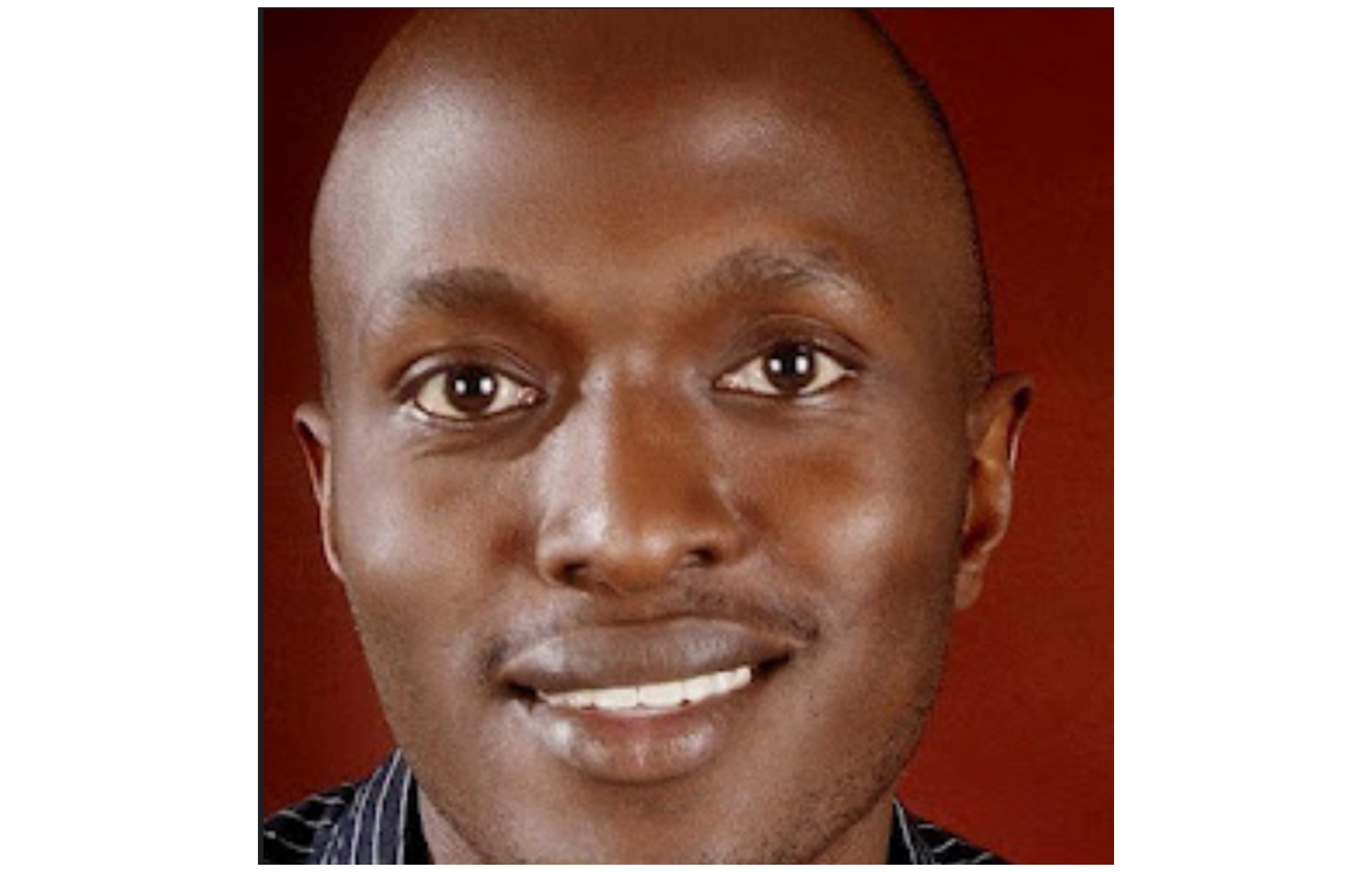
Ernest Mwebaze and his team have developed a mobile application for farmers to help diagnose diseases in their cassava crops.
Interview with Aylin Caliskan: AI, bias, and ethics
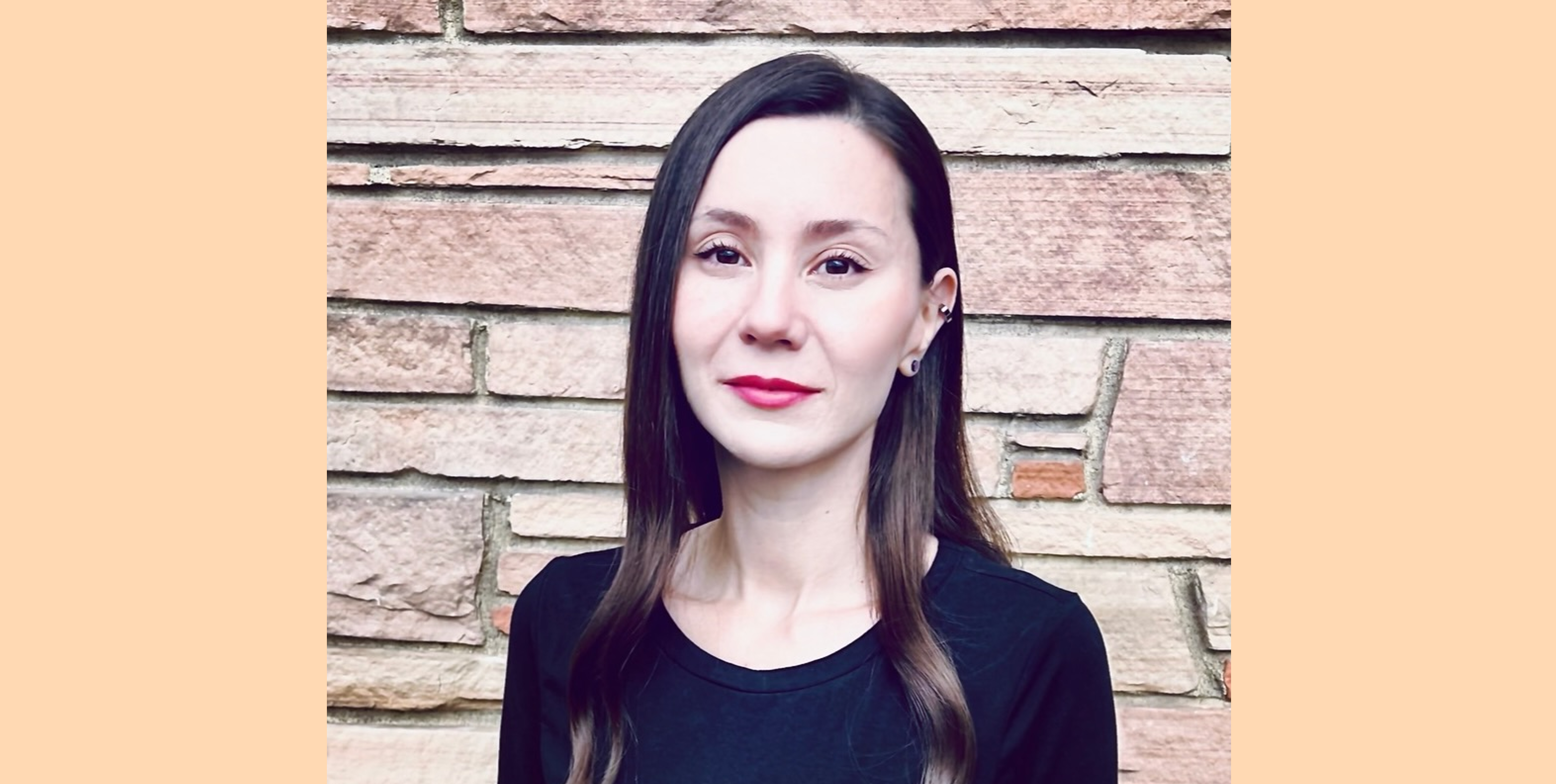
Aylin Caliskan talks about bias in generative AI tools and the associated research and societal challenges.
Interview with Marek Šuppa: insights into RoboCupJunior

Marek Šuppa serves on the Executive Committee for RoboCupJunior, and he told us about the competition this year and the latest developments in the Soccer league.
Code to Joy: Why Everyone Should Learn a Little Programming – Interview with Michael Littman
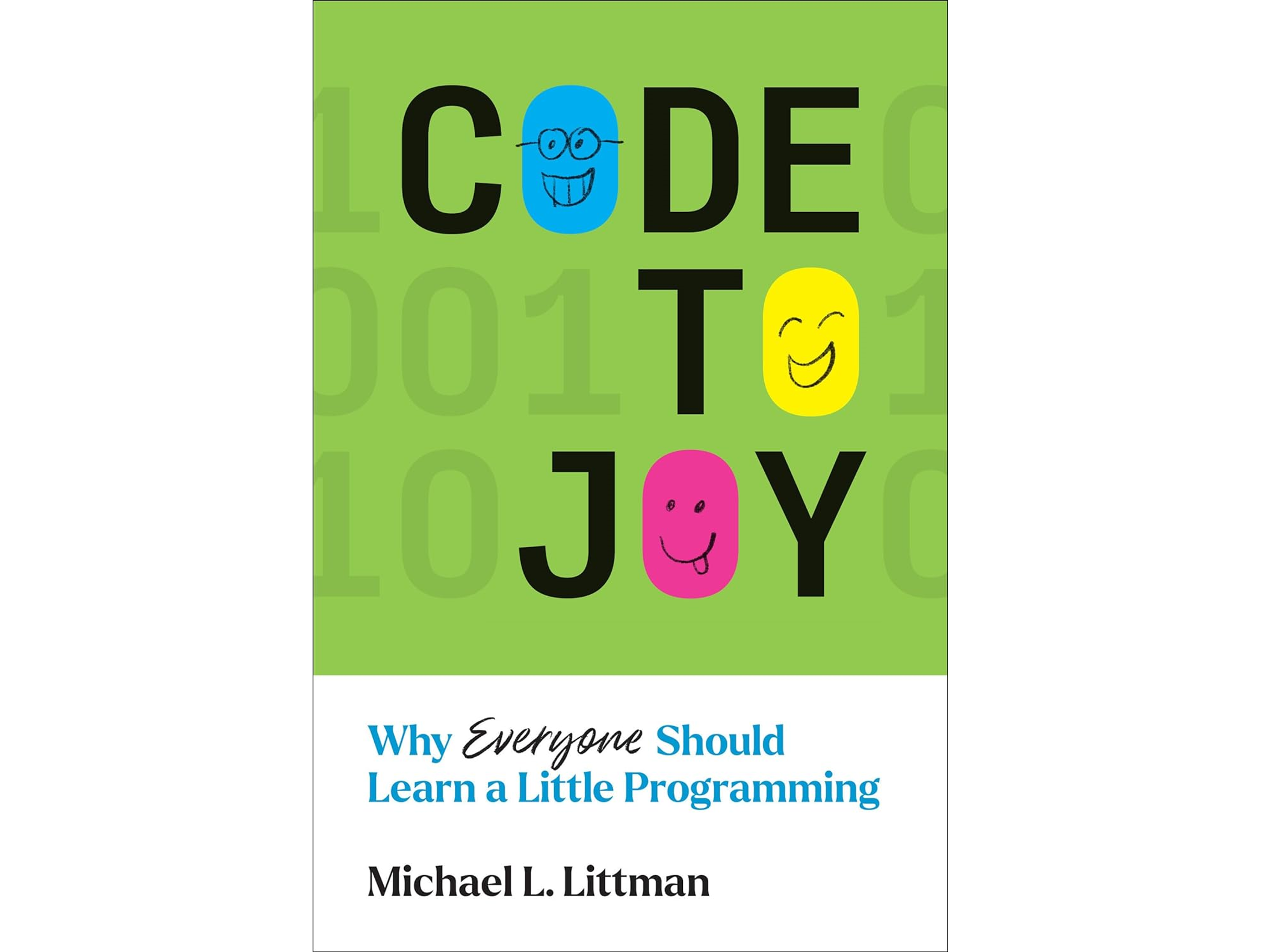
We spoke to Michael Littman about his new book, what inspired it, and how we are all familiar with many programming concepts in our daily lives, whether we realize it or not.
Interview with Katharina Weitz and Chi Tai Dang: Do we need explainable AI in companies?

Katharina Weitz, Chi Tai Dang and Elisabeth André investigated employees’ specific needs and attitudes towards AI.
Interview with Safa Alver: Scalable and robust planning in lifelong reinforcement learning
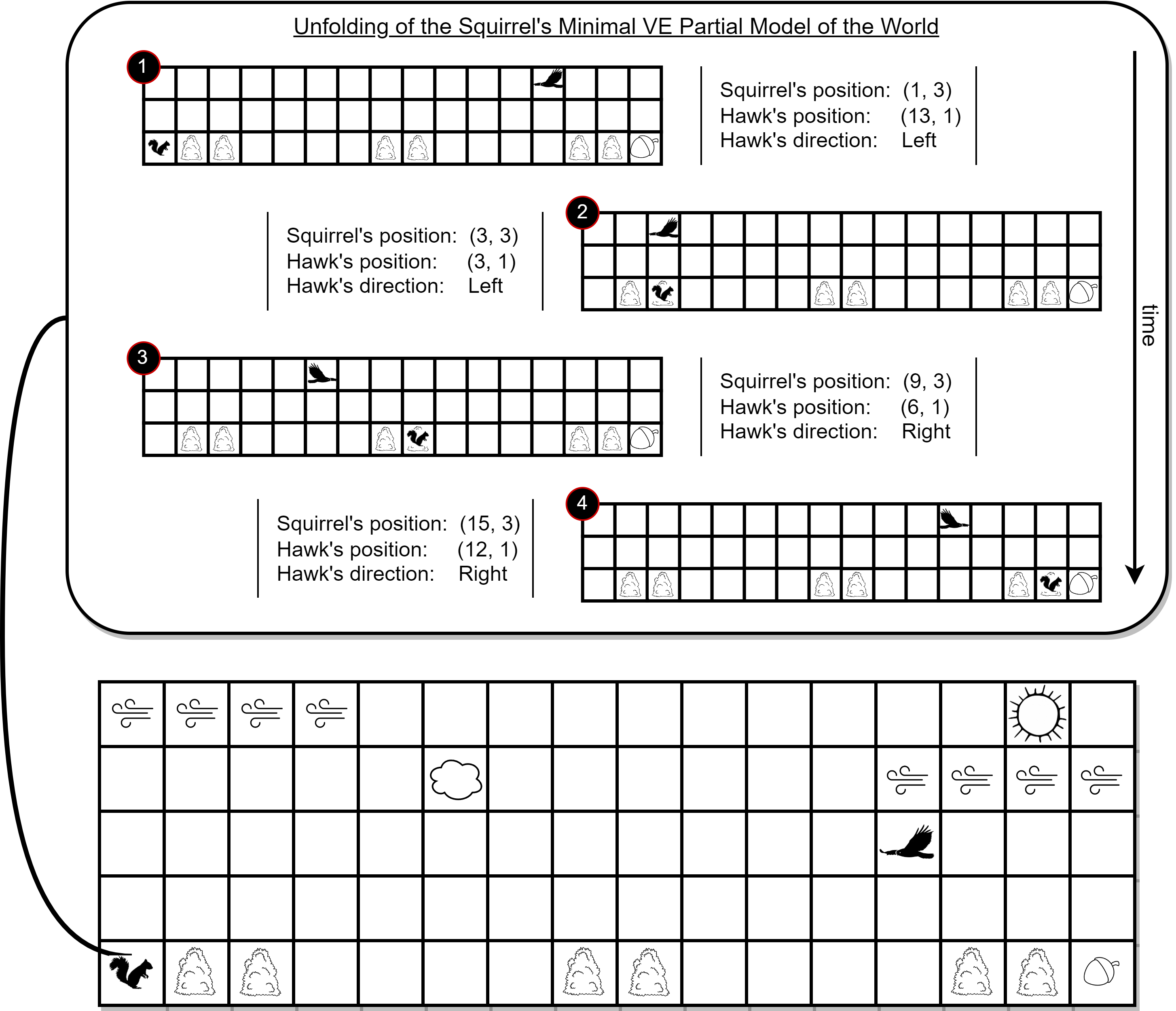
Safa Alver and Doina Precup introduced special kinds of models that allow for performing scalable and robust planning in lifelong reinforcement learning scenarios.
Counterfactuals in explainable AI: interview with Ulrike Kuhl
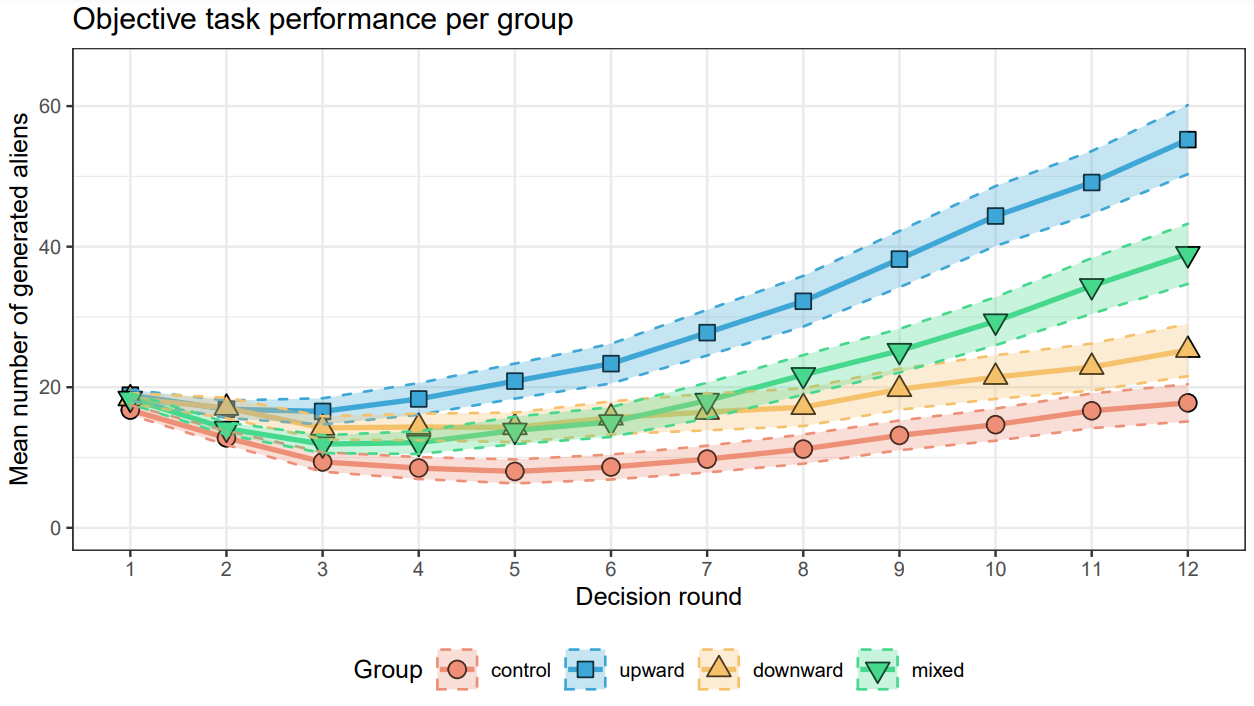
Ulrike Kuhl, and colleagues André Artelt and Barbara Hammer, have investigated counterfactual explanations in explainable artificial intelligence.
Interview with Simone Ciarella: using machine learning to study supercooled liquids
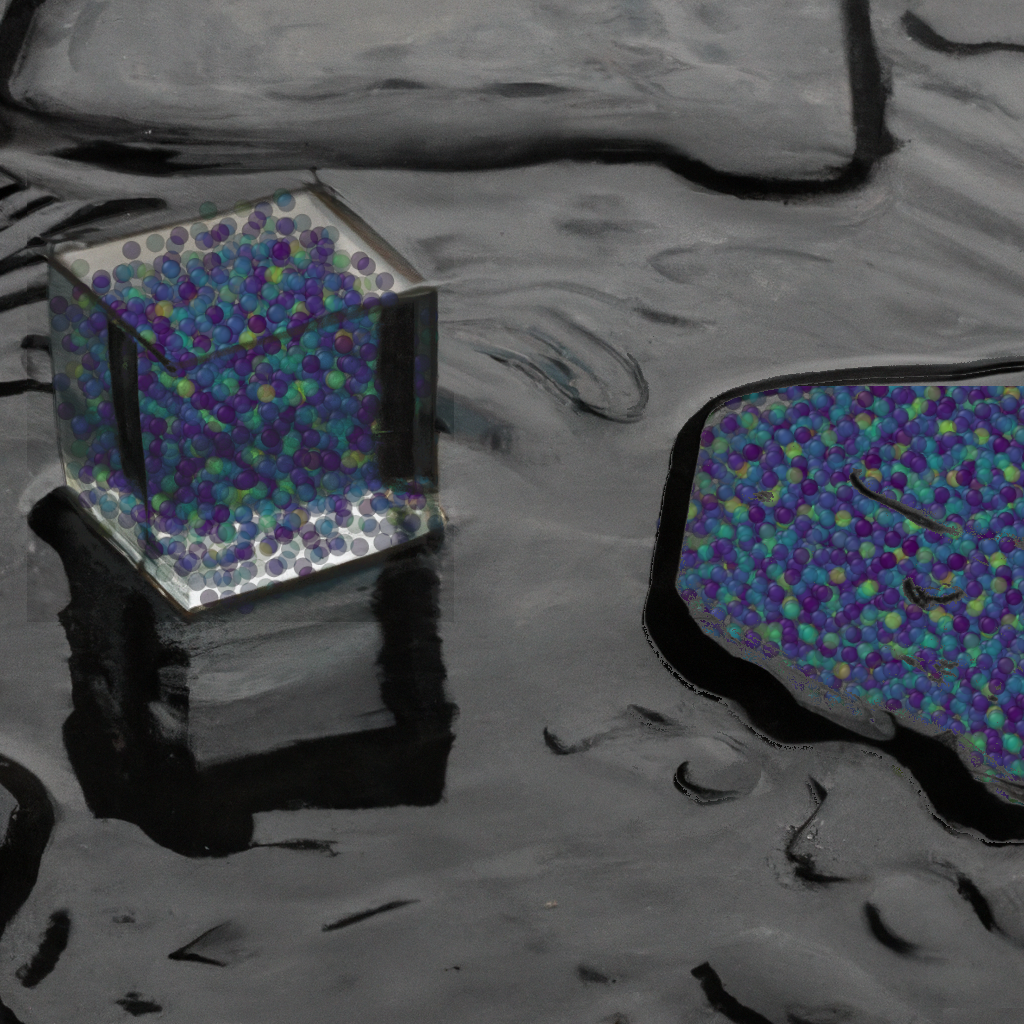
Simone Ciarella and colleagues have introduced a machine learning approach to predict the complex non-Markovian dynamics of supercooled liquids.
Interview with Leanne Nortje: Visually-grounded few-shot word learning

Leanne Nortje, Dan Oneata and Herman Kamper propose a visually-grounded speech model that learns new words and their visual depictions.










